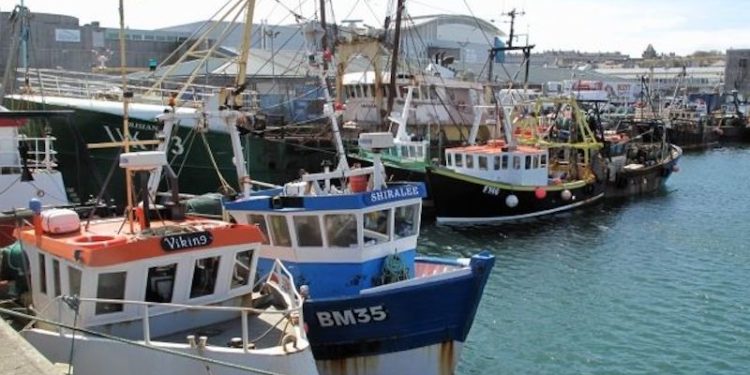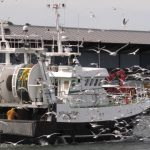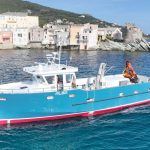JNCC and partners the Marine Management Organisation, Natural England, the National Federation of Fishermen’s Organisations and Bangor University are launching a two-year project exploring participatory processes for establishing, evaluating and adapting fisheries management measures in MPAs that include sedimentary habitats as protected features.
The seas around the UK are home to some of the most biologically diverse habitats and species in Europe. They are a rich source of natural capital, providing us with food, a valuable income, raw materials, and opportunities for leisure and recreation. Marine Protected Areas (MPAs) are one of the ways in which this natural capital can be conserved for future generations, while seeking to enable the sustainable use of resources.
‘This is an exciting project that aims to marry together an evidence-based approach to MPA management with a more in-depth involvement of those affected by decision-making. Ultimately, we want to produce management outcomes that are enduring, sustainable and widely supported,’ said Dale Rodmell at the NFFO.
The project will bring together the fishing sector, regulators, scientific advisors and academic researchers to explore the challenges of managing sedimentary habitats in MPAs. Case studies will be used to aid the development of a management toolkit which can be applied to other MPAs. Crucially, the project will focus on mechanisms for enabling the fishing sector to engage positively with the management process and bring their perspectives and knowledge to the table. Opportunities for improving communications and raising societal awareness of the value of protecting marine biodiversity will also be explored.
‘This project gives us a fantastic opportunity to work with all marine interest groups to develop a truly novel approach to sustainable management of our seas while allowing managers to make decisions based on the very best information available,’ commented JNCC’s Declan Tobin.
The project partners are delighted to have been awarded funding for this work through the European Maritime and Fisheries fund (EMFF) and look forward to working with the fishing sector to achieve a common goal of conserving marine biological resources whilst enabling a sustainable future for our fisheries.









